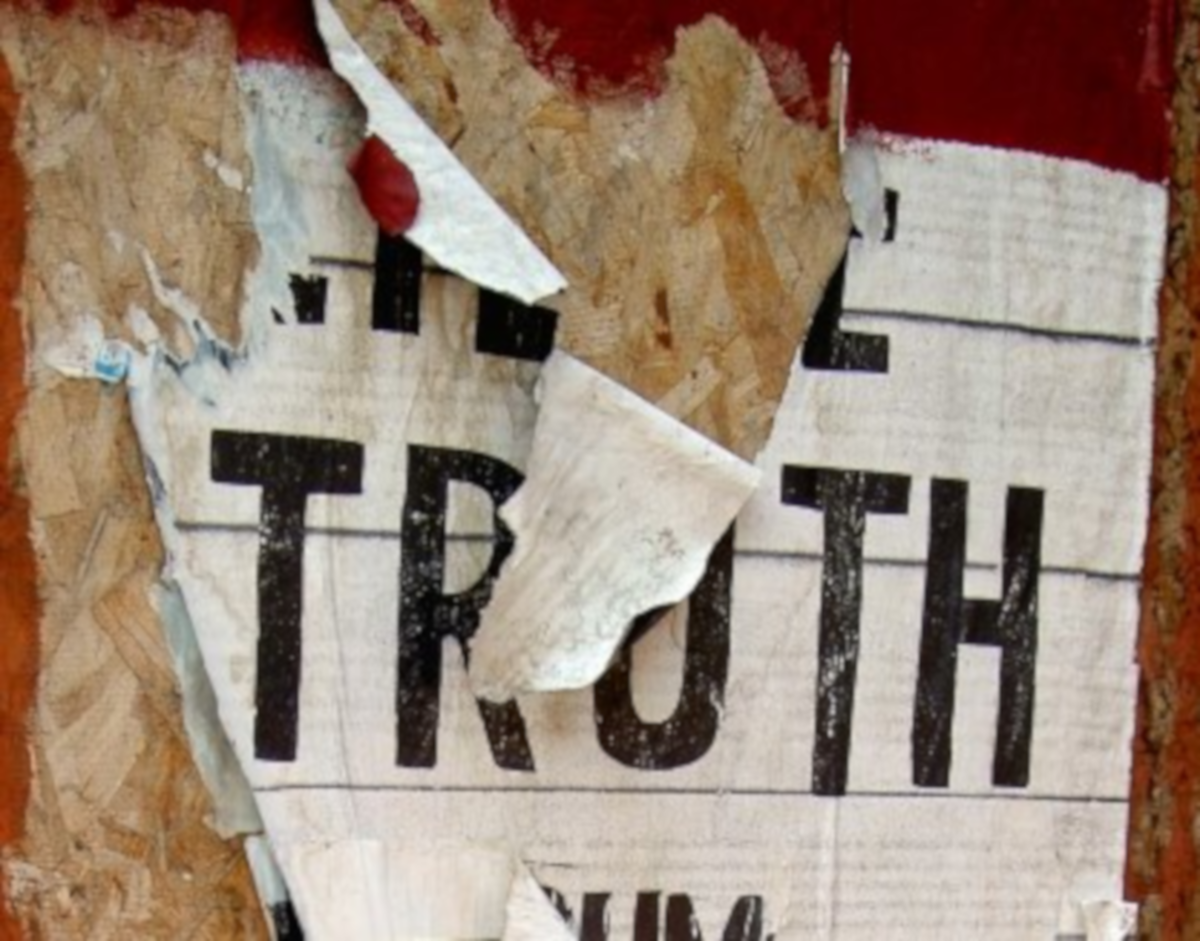2150: Management and Organizational Behavior - Summary of Ethics
Ethics and ethical decision making play a big part in all companies. Ethics is “the system of rules that governs the ordering of values” (Bateman and Snell 166). Ethical corporate social responsibilities have been broken down into four different categories: economic, legal, ethical, and philanthropic responsibilities. These four categories make up the pyramid of Global Corporate Social Responsibility and Performance.
Ethical decision making has been defined by T.M. Jones as, “a decision that is both legally and morally acceptable to the larger community” (Schmidt). I feel that it is very important for organizations, managers, and employees to practice sound decision making. When organizations and those they hire fail to make ethical decisions bad things often happen. The explosion of BP’s Deep-water Horizon offshore drilling rig, was caused in part by unethical decision making. BP cut corners in an attempt to minimize their production costs and maximize their profits as quick as possible. Instead of running tests to find the most reliable types of pipes to use, BP consistently decided to use a cheaper kind casing pipe in order to cut costs. I fully believe organizations need to use ethical decision making to prevent disasters and other problems from happening when they could have been prevented (Seidman).
There are four different types of corporate social responsibilities. Economic responsibility is the very foundation of the pyramid or Global Corporate Social Responsibility and Performance. Economic responsibility means a company needs to be concerned with making a profit because if the company fails, employees will lose their jobs, and the company will be unable to take care of its other social responsibilities. Economic responsibility also extends to offering certain products at a reduced price for needy customers. I personally feel that it is almost impossible for an organization to not practice economic responsibility. If there is no economic responsibility, then that means that the company is not profiting. If there are no profits then the company will go under before long.
The next tier up on the pyramid or Global Corporate Social Responsibility and Performance is Legal responsibility. An organization’s legal responsibility is to obey the law whether it is the state, federal, local, or international law. Legal responsibilities also extend to doing what is required by global stakeholders. An organization is required to practice legal responsibility. If an organization fails to practice legal responsibility then that company can be brought up on legal charges, so it is in every organizations best interest to practice legal responsibility.
Ethical responsibilities are responsibilities that a company takes on even though it is not obligated to. Being environmentally friendly and/or refusing to do business with oppressive countries are examples of ethical responsibilities. Ethical responsibility is not a responsibility that a company is required to fill; however I feel that every company should practice ethical responsibility. I also feel that being green and/or refusing to do business with oppressive countries would gain the company respect from their customers. It is a small way which would give back to communities.
The top of the pyramid or Global Corporate Social Responsibility and Performance is philanthropic responsibility. Philanthropic responsibilities are responsibilities that go above and beyond what is required of a company. Philanthropic responsibilities could involve donating money, product, and/or service to a charity. While I personally feel that all organizations should give back by helping out charities, it is not always possible. For example an organization that is barely meeting ends meet should not risk their employees’ jobs by giving money to a charity when it could potentially take away from meeting their costs. Each organization needs to be judged on an individual basis on whether they should be responsible for philanthropic responsibilities based on the amount of profit that the organization is producing.
The best way that society can assist organizations, managers, and employees in meeting their social obligations is to hold them accountable. If society allows corporations to go around cutting corners and causing oil spills then there is no reason for such behavior to stop. Society mainly needs to then focus on making sure all laws in relation to ethics are applied consistently to all organization. Having harsher punishments for unethical decision making would also help to warn organizations away from unethical behavior. The best way for people not in government to hold organizations accountable would be to refuse to purchase items from companies that do not practice ethical behavior.
Works Cited
Schmidt, Charles. ETHICAL DECISION MAKING AND MORAL BEHAVIOR. 2008. 24 January 2013.
Seidman, Andrew. Could better corporate ethics have prevented BP oil spill? 2 august 2010. 24 january 2013.
Smith, Michael. Chron. 2013. 24 January 2013.








